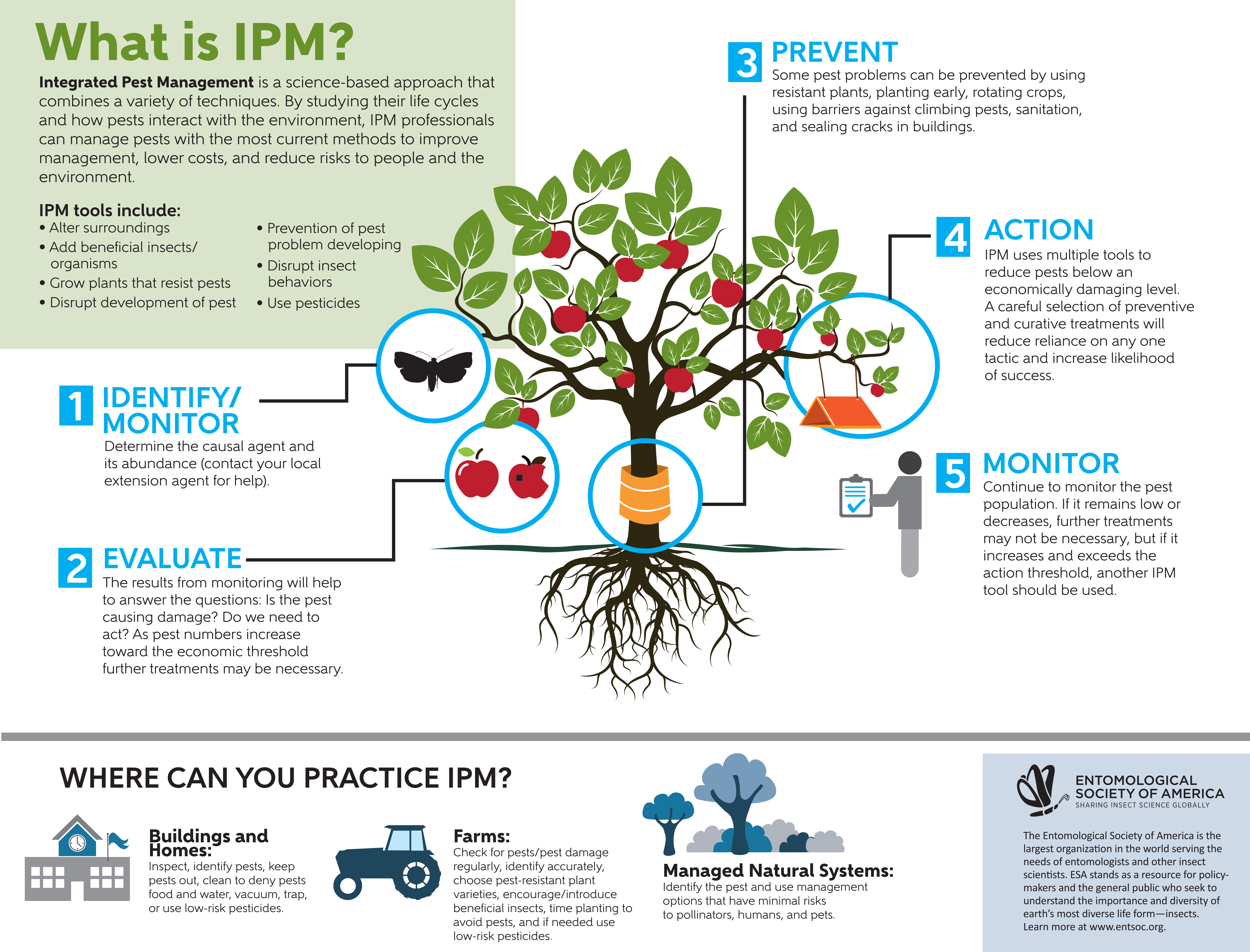Prepare To Transform Your Garden Right Into A Pest-Free Paradise With These Innovative Pointers And Methods
Prepare To Transform Your Garden Right Into A Pest-Free Paradise With These Innovative Pointers And Methods
Blog Article
Web Content By-Thorpe Hartvig
Envision your yard as a haven, a place of peace and beauty. Nevertheless, the presence of outdoor parasites can promptly interrupt this idyllic picture. What if there were simple yet reliable ways to keep these undesirable visitors at bay and shield your yard oasis? By complying with a couple of sensible pointers and applying natural techniques, you can produce an unified outside area where your plants can grow undisturbed.
Natural Pest Deterrents
To maintain bugs away from your yard normally, plant fragrant herbs like mint and lavender. These great smelling plants not just add elegance to your yard however also act as efficient insect deterrents. Bugs like insects, flies, and even some garden-damaging pests are driven away by the strong scents released by these herbs. Simply positioning them tactically around your yard can help create a natural obstacle versus unwanted parasites.
In addition to mint and lavender, think about growing various other herbs like rosemary, basil, and lemongrass to better boost your yard's pest-proofing capabilities. These herbs not just act as all-natural repellents however additionally have the included advantage of being useful in food preparation or crafting self-made solutions.
Strategic Plant Positioning
Consider the layout of your yard and the types of plants you have to purposefully place them for maximum pest-proofing effectiveness.
Beginning by organizing plants with comparable resistance to insects together. By doing this, you can produce an all-natural barrier that discourages parasites from spreading out throughout your garden.
In addition, placing pest-repelling plants like marigolds, lavender, or mint near even more prone plants can aid safeguard them. High plants, such as sunflowers or corn, can work as a shield for much shorter plants versus insects like bunnies or ground-dwelling bugs.
Bear in mind to leave sufficient area in between plants to enhance air flow and decrease the threat of conditions that pests may lug.
Moreover, consider planting strong-smelling natural herbs like rosemary or basil near susceptible plants to confuse insects' senses and make it harder for them to find their targets.
Reliable Parasite Control Techniques
For combating garden insects effectively, implementing a multi-faceted insect control method is vital. Beginning by urging all-natural predators like birds, ladybugs, and hoping mantises to aid maintain insect populations in check. Introducing plants that bring in these useful insects can assist in bug control. In addition, exercising great garden health by getting rid of debris and weeds where pests might conceal can make your yard less friendly to undesirable visitors.
Take into consideration using physical barriers such as row cover textiles or netting to shield prone plants from pests like caterpillars and birds. Using look at this website like neem oil or insecticidal soap can likewise work versus specific parasites while being much less dangerous to beneficial pests and the environment. It's important to rotate your plants each period to stop the build-up of parasite populaces that target details plants.
On a regular basis check your plants for signs of insect damages so you can do something about it without delay. By incorporating these methods and staying attentive, you can successfully control yard insects and enjoy a successful, pest-free yard.
Final thought
So, there you have it - with the appropriate techniques, you can maintain pesky outside pests far from your yard and assist your plants flourish.
Did you recognize that growing mint has been shown to fend off mosquitoes and other pests, decreasing the need for harmful pesticides by up to 60%?
By integrating all-natural deterrents and wise planting methods, you can create a lovely and pest-resistant yard sanctuary for you to appreciate.
